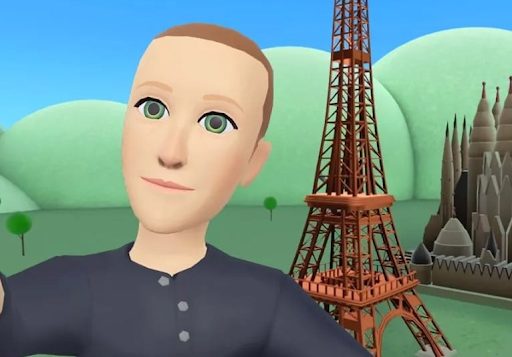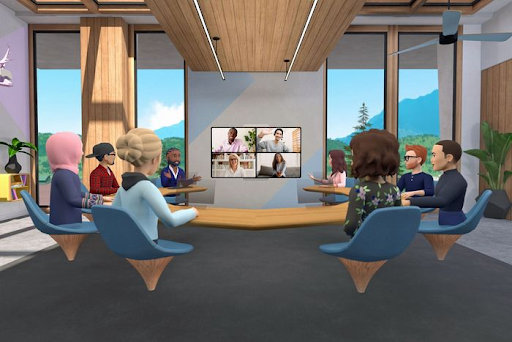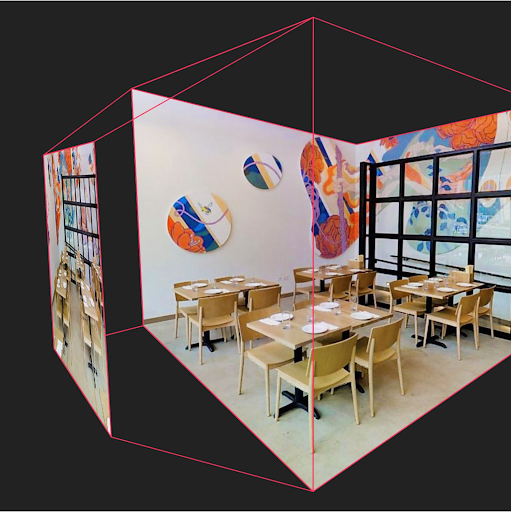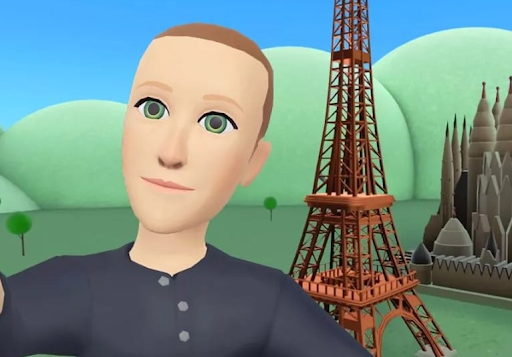Remember when there was a lot of buzz about the metaverse? But ask a random person on the street today what it all means, and you’ll get dozens of different answers. There is definitely less buzz around the “metawhat???”
Mark Zuckerberg promised us a network of virtual worlds that are interconnected and that would allow us to interact with each other and with digital objects in a seamless and immersive manner. This would leverage virtual reality, and augmented reality, and would revolutionize industries.

Or would it?
Companies like Meta (or the artist formerly known as Facebook) have seemingly gone all in on the metaverse, but it seems like their biggest use case thus far has been virtual reality conference rooms.
What happened to the promised revolution?
Who asked for this? And how is the Metaverse coming along?
So far, the payoff hasn’t been very solid. According to a recent report, most people don’t care about the metaverse – unless it’s in a gaming context. And some gaming applications are pretty cool, and are gaining popularity such as the multiplayer game “Horizon Worlds”. But unless Meta wants to invest fully in the gaming and entertainment space, they need to examine some real-world problems in search of solutions, rather than their Meta product desperately searching for a market fit.

While I don’t think Meta’s utilizing VR headsets to hold virtual meetings is particularly enticing, I do have some predictions about ways that the metaverse can revolutionize industries and prepare people for real-world situations.
In order for the metaverse to function properly for real-world applications, it needs to be built upon what already exists in the created world. The best way to accomplish this is through the use of digital twins.

Some companies such as Matterport use digital twins for applications like virtual house tours, in-store shopping, maintenance planning, etc. An open world built of a map of digital twins allows users to explore the whole world from anywhere.
Another meaningful use case is remote support. Companies like Almer create highly specialized solutions for the industrial sector.
The most sensible and most developed application, however, is training. For example, imagine the faster response times that first responders might have in rescuing people from buildings if they had practiced in a digital twin. But is this the Metaverse? The exact same arguments and use cases were proposed 10 years ago when the first AR and VR applications appeared. Meaning that we haven’t really made much progress in this area of connected technology. Metawhat???


Pingback: Gert’s Digigram Newsletter of May 2023! – Gert Christen.org